7 reasons to share your sogi information
Many local health systems have the ability to store and utilize your SOGI (sexual orientation and gender identity) information within their electronic medical record. This is a progressive way for your health information to be used to ensure safe healthcare for you.
Sharing information about your sexual orientation and gender identity (SOGI) provides valuable information about your health and empowers decisions you make with your healthcare provider.
Personalized care is empowered by getting personal.
Here’s seven things SOGI does for you and your healthcare provider:
Sharing your pronouns and name lets your healthcare team know how to best address you
Sharing your pronouns up front so they are stored in the record will help you to help the practitioners address you correctly. It also helps them by providing the information up front so they don’t feel they need to ask or be awkward, it makes for a much more seamless and professional experience for all!
Coming out is valuable to talk about potential sexual health needs and risks – including medications to prevent the spread of HIV and HPV
Doctors take all risk factors into account when creating screening protocols and ordering tests for their patients. Sharing everything about you and your health helps them to ensure your body is taken care of and protected!
3. Details about an organ inventory helps you get the right health screenings
Regardless of your legal or birth sex designation if you have a cervix you will want to get screened for cervical cancer and not for prostate cancer. Sharing your organ inventory is also critical in case of any emergencies that could happen. If you presented to the emergency department and were unable to speak, your record would be able to speak for you so the team could ensure your body is cared for in the best possible manner.
4. Hormones influence bloodwork values
If you are taking a hormone to affirm your gender, this will influence certain lab values which help your healthcare team make decisions about care. It is important that your doctors are aware of any hormones being taken so that they are able to change the thresholds they use to determine whether organs are functioning correctly or not. This could prevent unnecessary testing and or medications.
5. Language used and assumptions made by your healthcare team can be corrected through information sharing, raising their awareness of biases
A vast majority of the time, healthcare providers are always looking for ways to create safe and affirming environments for all. Providing your information helps the system when they pull data and look at reports to see where healthcare disparities are taking place.
6. Visibility matters
By sharing your information, healthcare systems gain an understanding of how large our community is and what health needs we have. It’s critical for all of us that we all share.
7. Stigmas associated with being part of the LGBTQ+ community get a little smaller each time someone acts to bring their full version of self along with them even to their primary care office
People learn to feel more comfortable with groups of people and cultures they are not familiar with the more they are exposed to them. Bringing your full, authentic, wonderful self to all environments helps us all in the LGBTQIA+ community to build positive relationships with all who come in contact with us.



